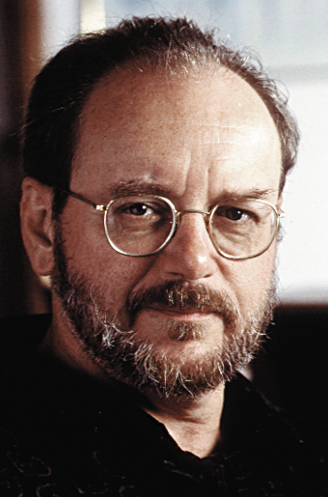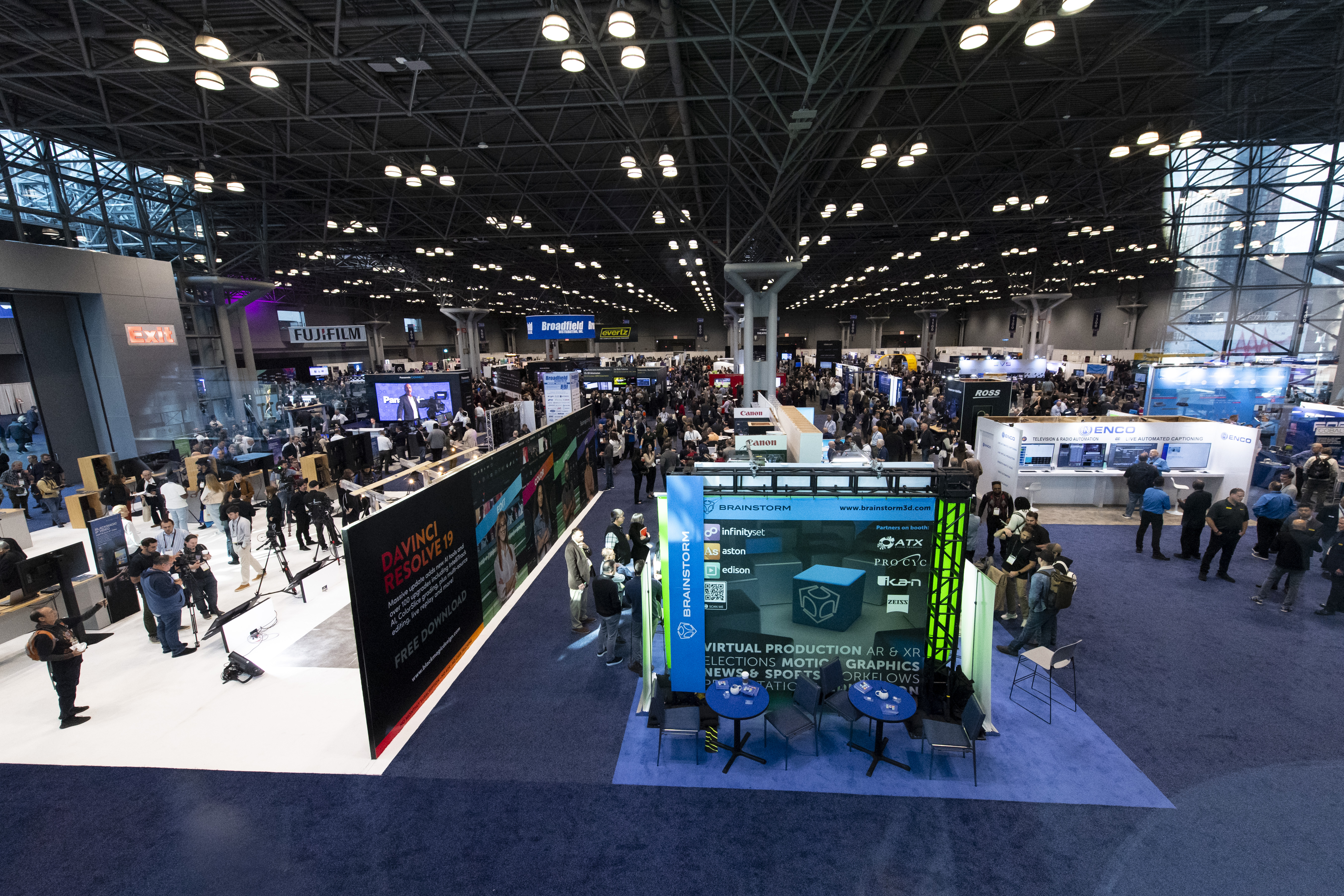Bad Audio and Some Unintended Consequences
These "bad audio" pieces I've been writing seem to have pinched a collective nerve among our readership. I am getting a steady stream of letters sharing numerous kind and, ah, not-so-kind thoughts about the whole range of issues this sad topic engenders.
One of the more interesting and comprehensive letters I've gotten is from Dave Gardiner, who works for WCVB-TV, the Boston ABC affiliate, engineering the audio on some of their higher profile offerings such as the July 4th Boston Pops Esplanade TV broadcast, in addition to the local evening news 'n newsmagazine slots. He wrote about a bunch of things, and his viewpoint is so clearly and unequivocally that of the working TV professional audio guy that what he has to say should be required reading for TV Technology subscribers. I'll try to touch on most of the points he raised in some future columns.
This month, I'd like to write about what Dave had to say about audio noise reduction, particularly as it shows up in Beta video recorders, specifically, Dolby C.
First, though, we need to review some background.
Dolby Labs is a really interesting company, and their impact on the audio industry is both huge and unique. You need to keep in mind, as you read this, that their work has been dedicated to improving audio quality and/or increasing audio transmission data capacity. These are both very worthy goals. You can't fault Dolby for their work, and you can't fault their success. Good Company. Doing Good Things for Good Reasons.
Dolby started out with systems that reduced the noise added to recordings by analog tape. It is important to consider how they approached this task.
Instead of trying to make the analog tape quieter, Dolby "adapted" the audio signal to make it more "suitable" for the existing analog tape and its limitations (i.e. they compressed the signal, in a rather novel and fairly complex way which became known as "Dolby A").
This adaptation made the recording "fit" onto tape far better than a non-adapted recording. Naturally, it also audibly changed the sound of the recording. Upon playback, the system "re-adapted" (i.e. expanded) the recorded audio signal, so that it quite precisely resembled the original source signal, but with much less (-14 dB) noise added by the tape record/reproduce cycle. You know all this, of course.
KNOW YOUR DOLBY
But what's important is that the philosophy behind such a process, (and that philosophy is still at the center of almost all of Dolby's products) is that the Dolby process constitutes a de facto standard alternative recording system, wherein a signal is encoded into an alternate form, stored/transmitted and then decoded into its original form. So far, so good. However, there are several unintended consequences to this.
The first is that, because the encoded recording won't sound right if it's not decoded (and, similarly, an un-encoded recording won't sound right if it is decoded), it is absolutely essential that operators know the implications of having a Dolby-encoded recording and/or a Dolby decoder in the signal chain. This used to be no problem. Back in the good old analog days, we all knew about the various noise reduction formats, and went to considerable pains to use them correctly.
Now, the system is not so obvious to the young intern or recent tech hire who cut his or her teeth on a DAW, and knows Dolby only as this company that's been around for, like, forever, and does stuff with movies and surround sound.
The second unintended consequence arises from the fact that as recordings and recorders age, they degrade. Unfortunately, as this happens, the errors that occur upon playback are increased by the decoding system (it's being expanded, remember?). Further, the Beta format itself is pretty marginal for good audio at its best.
The third unintended consequence arises from the evolution of the format. On early Beta video decks, Dolby C was switch-selectable - you could use it or not. It was important, of course, to note on the box legend whether you used it or not. Then, when Beta SP came on the scene, Dolby C was always on and there was no longer any need to make a note on the box legend.
Now, fifteen years later, you've got to know whether the tape you wish to play back was made with Beta SP or an earlier deck, in order to know if the lack of a "Dolby-encoded" legend on the box means that the tape was un-encoded or encoded. Yikes!
Finally, there is the unintended consequence that arises from making a noise-reduced dub of a noise-reduced tape. Each time we re-encode the recording, our errors will accumulate, or actually, multiply. So the casual practice of making copies of copies can lead to awful audio, particularly if Dolby C is involved and particularly if the decks have alignment problems.
The combined net result of these problems of (a) operators being unaware of the issue; b) playback decks and tapes deteriorating with age; (c) changing and unclear-archived box legends and (d) making noise-reduced dubs of noise-reduced dubs, is what "Bro Duke" has noticed - we air numerous recordings with the audio pretty badly mangled as a function of the misuse of Dolby C noise reduction.
NO FREE LUNCH
Now this isn't Dolby's fault, and it certainly wasn't their intention in any way, shape or form, which is why I refer to these as "unintended consequences." Be that as it may, the presence of Dolby C in the storage or transmission chain means that the potential for errors exist. Operators must know that when they are using that alternative system and that if they don't correctly account for it, their playback is going to be, well, unacceptable. As you must have known, there is no free lunch.
With this in mind, let's consider Dave's "Real World" Bad Audio Lament. Dave writes, "One of the audio horrors you described in your first Bad Audio column was audio that sounds overly gated, muffled, with poor high frequency response, etc. You are describing the common-cold-sore-symptom of Dolby Noise Reduction C as it occurs in the Beta SP and MII formats, among others. Even at the network level, we hear problems with this format. When the audio sections of videotape recorders are fairly well aligned, the Dolby tracks sound OK on the first generation, but are still pretty bad after a couple of encode/decode cycles, and really terrible, as you might expect, when the track doesn't get properly encoded or decoded at all. Dolby succeeded in getting their product established as a standard feature on that tape format, but comparatively little attention has been paid to the implications of that standard as it exists in everyday production practices.
Dave continues: "The good news is that Beta SP is being phased out after almost two decades of widespread usage and misusage, as other formats come into general use. But stations and networks have huge libraries of Dolby-encoded (and sometime mis-labeled un-encoded) material, some of which is starting to suffer from tape degradation problems (which magnify Dolby errors, of course). More frequently, a maintenance engineer is required to tweak the playback machine just to obtain a viable playback, for either audio or video."
This is bad news indeed. Maintenance engineers are in generally short supply, and having them on deck (literally) for archival dubs is stupidly expensive. And here is where analog noise reduction is busy biting our hind-sides. The encode-store-decode process itself is not inherently robust or self-correcting, and to the extent that it improves audio quality when it's working well, it magnifies errors when it isn't. These errors become inevitable as a function of (a) repeated encode/decode cycles, and (b) the degradation of the storage media and hardware. They are exacerbated by operator and documentation errors. Noise reduction becomes a demanding "hothouse flower" of an audio product under these circumstances, increasingly incompatible with the production demands and the rough-and-tumble operational requirements of everyday TV. So, it often ends up not working very well, and we get Bro Duke rubbing our noses in the resulting mess. He's right to complain. It sounds awful!
There's more to this, of course. Also, Dolby's side of the story definitely needs to be heard. Next month I'll share with you some of their thoughts on the subject, as well as the implications of some of their more recent developments.
Thanks for listening.
The professional video industry's #1 source for news, trends and product and tech information. Sign up below.

